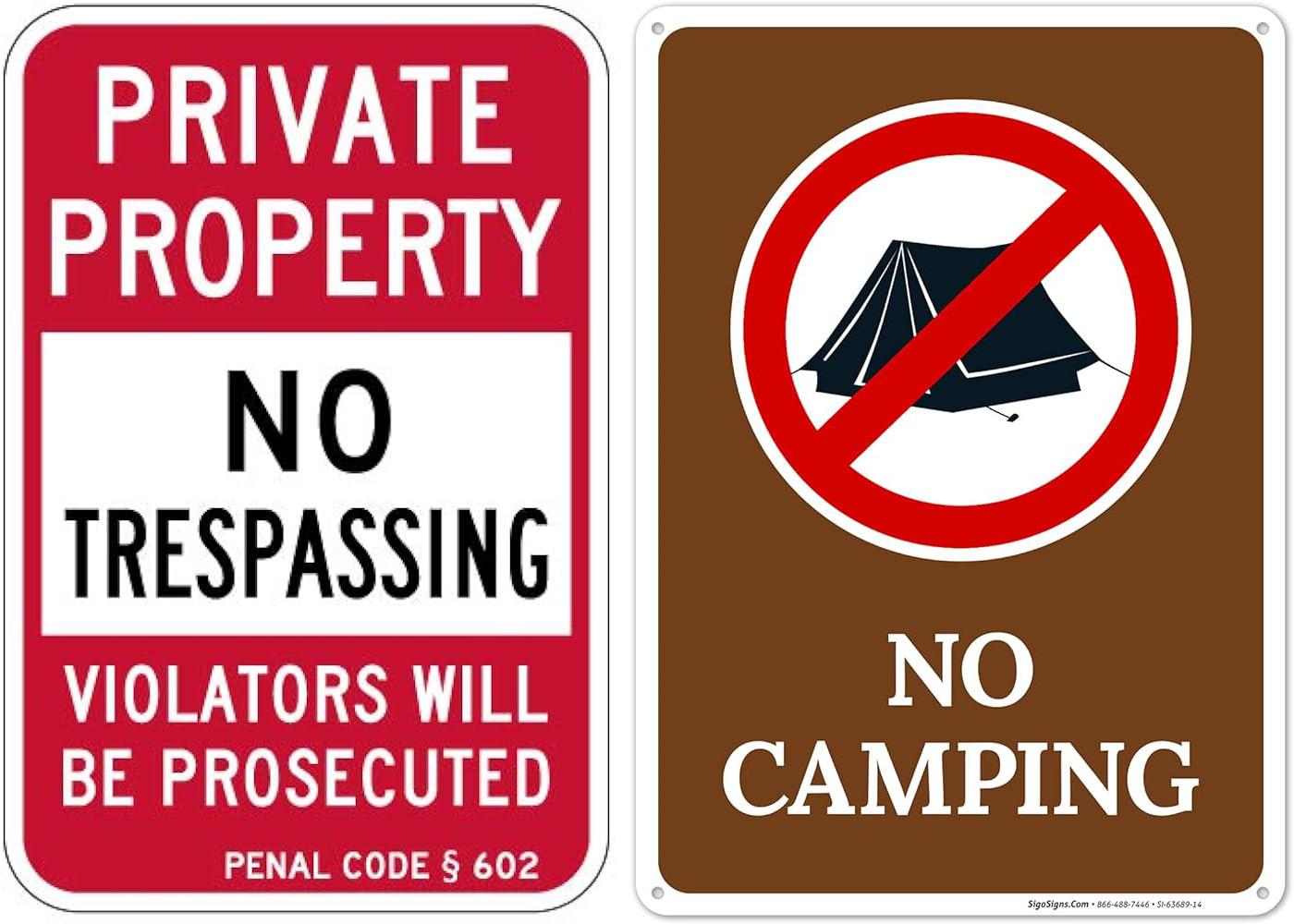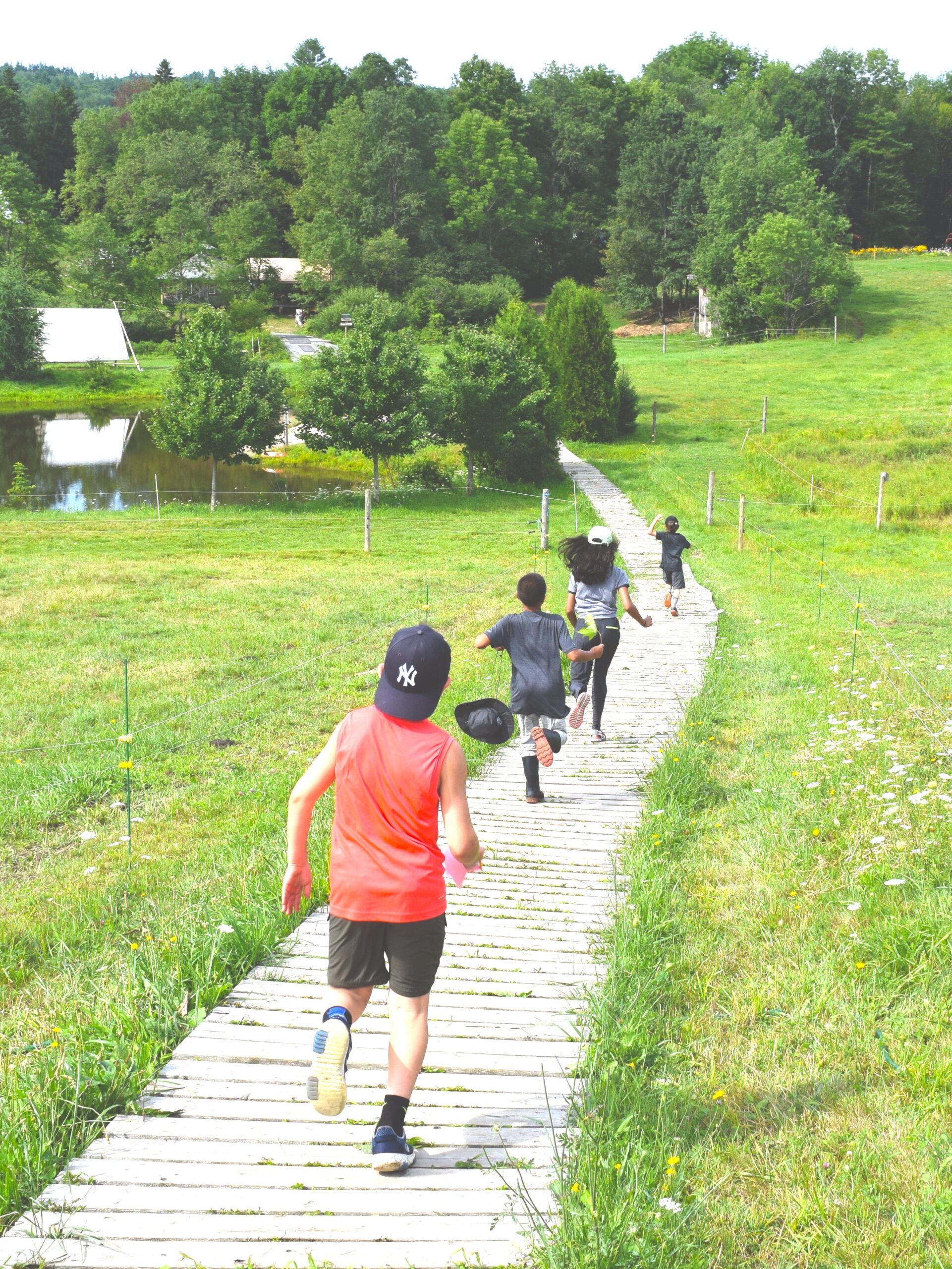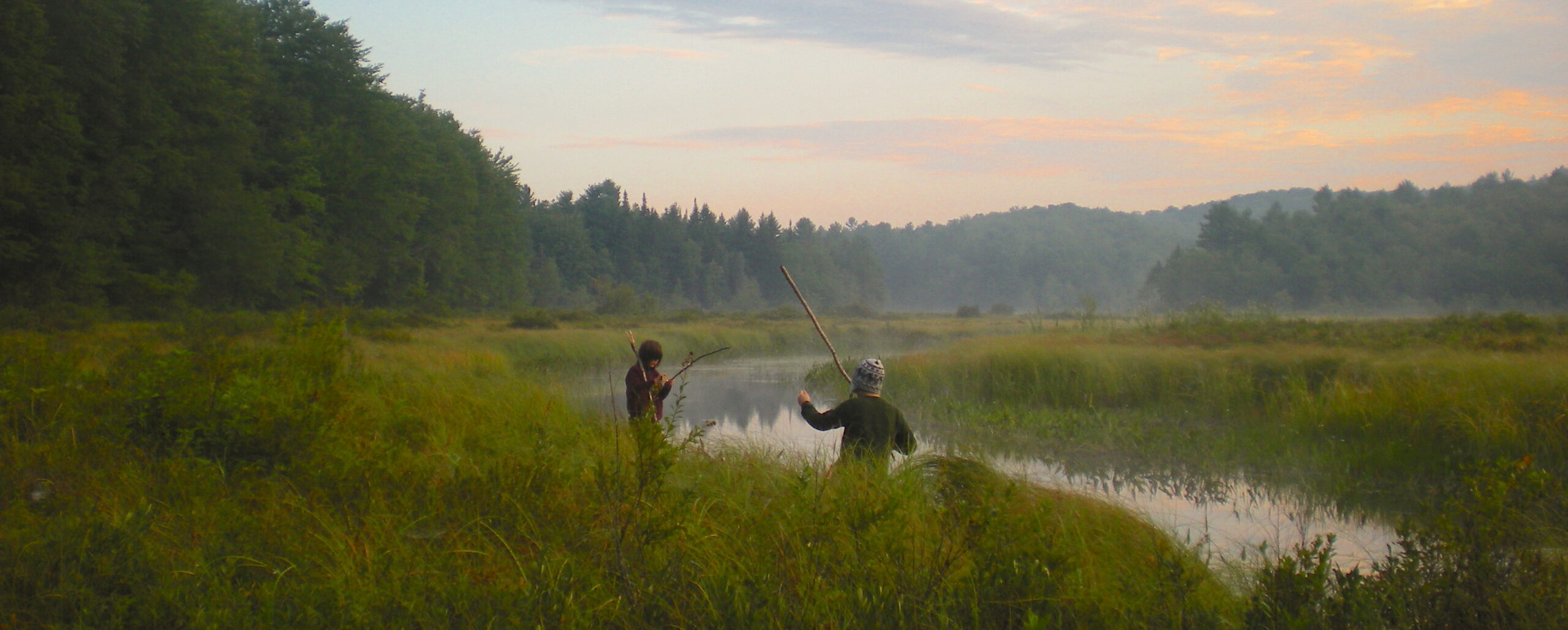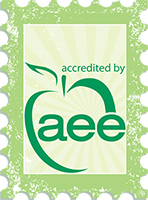OUR CHALLENGE TODAY:



PRIVATE PROPERTY
An increasing experience of social isolation – with associated anxiety, privacy, and individualism especially after COVID – leaves people reluctant to share their property with the public. Landowners encountering a group of teenagers hiking peacefully through a privately owned forest are becoming more likely to call the police than to offer a friendly greeting.
CROWDING
Southern New Hampshire has become an increasingly popular destination for visitors from Boston and New York City – and we have noticed that traffic on trails and at overnight shelters has increased dramatically in the past ten years. We are part of that traffic, and we need to create space for others and preserve the feeling of “solitude in the wilderness” that is so important!
SEVERE WEATHER
Severe weather (extreme heat, smoke, fire, drought, and floods) is requiring us to have a variety of contingency plans and alternative campsites that are closer to home than we used to operate.
MOTORIZED AND NOISY RECREATION
The growing popularity of motorized recreation: (motorboats, jet-skis, all terrain vehicles (ATVs), snowmobiles) – together with the growing ownership and use of firearms for recreational target shooting create spaces that are not safe for the quiet enjoyment of the forest by groups of children.
CONSERVATION RULES
We celebrate the dedicated efforts of land conservation organizations which have carefully protected and stewarded thousands of acres of land for future enjoyment, however these properties are protected by the deeply embedded restrictions: “NO CAMPING, NO FIRES” – which rules out any overnight use by Kroka programs.
HOUSING SHORTAGE
Rapidly rising real estate values have made it impossible for young staff families to find rental housing or affordable homes to purchase near the Kroka campus.
A PATH FORWARD:
In the coming years, Kroka will work much harder to preserve the quiet rural nature of our local neighborhood and the networks of trails, streams, and ponds that our students have enjoyed exploring.
When our instructors lead a group of students into the forest – by bicycle, backpack, or canoe – they need to know that a safe and secluded campsite is waiting for them to find at the end of the day. When students are hot, sweaty, and dehydrated after a day of scampering over boulders and climbing trees, they need to find a pond, lake, or steam to swim and refresh their spirits. And when our instructors return from a season of expeditions, they need a home for the winter in which to rest with their family and prepare for another season.
Doing this will require stronger relationships with local conservation groups and landowners, and also will require Kroka to be aware and prepared to invest in real estate as landowners, lease-holders, or conservation easement partners. To make these important strategic steps possible, we will establish a Kroka Campsite Fund – a donor-restricted capital fund, that is available to be used by the Kroka directors and board of trustees who may need to act quickly to invest in a critical land conservation or staff housing opportunity.
In accordance with the intention of the donors, these funds will be restricted to be used only for acquiring land for Kroka program campsites and staff housing adjacent to the Kroka campus.
Our goal is to establish this fund by the second quarter of 2024, and be prepared to meet the potentially urgent sale of an adjacent wilderness property in Marlow, as well as being ready to act on any potential campsites along the Monadnock Sunapee Greenway corridor. If the initial phase of this campaign is successful, we will look to grow this fund to protect or acquire other parcels of land where we frequently bring children in the neighboring states of Maine and Vermont.


